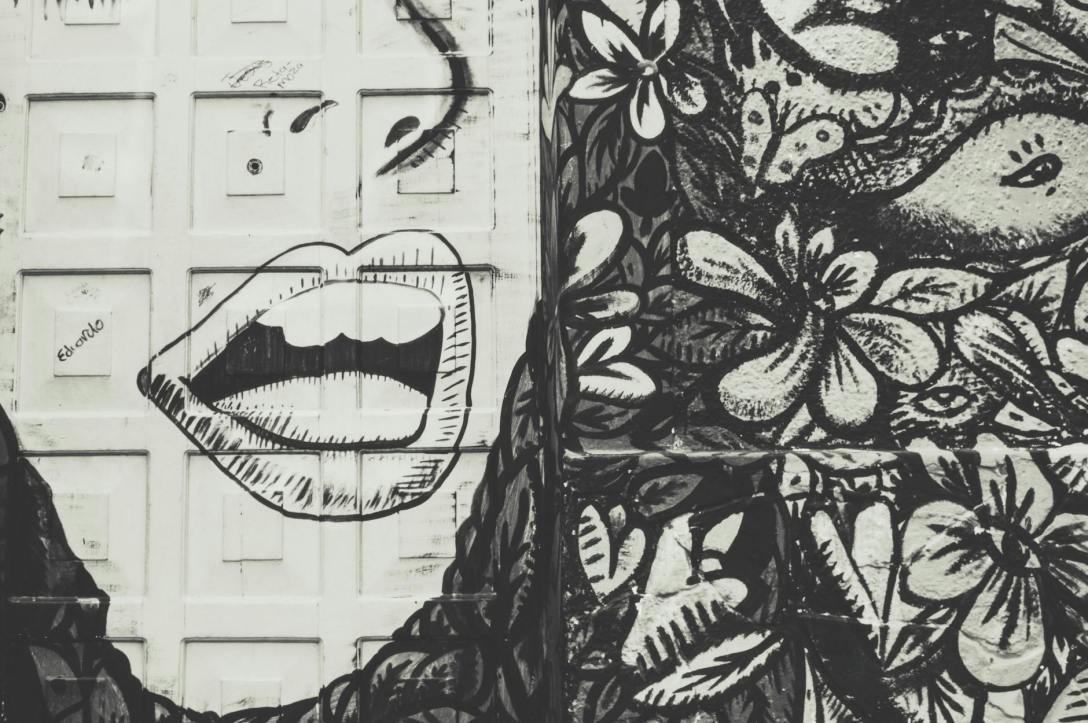Critique can hurt, especially when it comes to writing. A former client would always reply, “It’s a good start” or “It’s on the right track” to my drafts, no matter how much I applied their comments from earlier pieces to each new one. Even though my successive drafts were so polished that they shone like the sun in the summer sky, there was always something this client saw to change.
Looking back, I see this as a good thing. The client was devoted to the content development process, which meant they responded to emails and invoices, and the work kept coming. Through them, I also learned a lot about the “marketing” part of content marketing.
But at the time, I took all the red ink to mean “You are a bad writer,” not “Here’s what I want to change.”
In The War of Art, Steven Pressfield has a lot to say about ego and writing. Here’s a quote I needed at that time:
The professional loves her work. She is invested in it wholeheartedly. But she does not forget that the work is not her. Her artistic self contains many works and many performances. Already the next is percolating inside her. The next will be better, and the one after that better still. (p.87)1
Even when I pour myself into my work, it will never contain my whole potential as a creative. That’s why it’s important to use criticism to grow and not take it personally. Criticism as a tool is powerful. Criticism as an indicator of usefulness is crippling.
“Good” writing is subjective
Unlike installing drywall or baking sourdough, “good” writing is often subjective. Take Herman Melville, for example. He’s well-known today as the author of Moby Dick, but in his day, his work wasn’t critically or commercially successful. He died in poverty, and his name was even spelled wrong in his obituary.
Professional writing can drive completely different reactions from the same piece. What one person thinks is “generic,” another says is “clean.” What one person thinks is “unique,” another person calls “flowery.” I’ve heard the same article described by clients within the same organization as “like a TED talk” (fun, smart) and “salesy” (sleazy). How can two people with Master’s degrees and years of work experience see the same article in such a different way?
The subjectivity of writing explains why it’s important that creatives don’t attach their self-worth to their work. Readers should not have the power to make us feel like the onion left rotting in the produce drawer. Even if negative feedback is valid, we can’t let it stop us from creating. Pressfield writes,
The artist must operate territorially. He must do his work for its own sake […] In the hierarchy, the artist looks up and looks down. The one place he can’t look is that place he must: within (p.151).1
Creative work is a gift to others
Finding inspiration from deep inside is difficult but necessary. In Another Country, author James Baldwin talks about the value of bringing that which is hidden deep within us to light:
Perhaps such secrets, the secrets of everyone, were only expressed when the person laboriously dragged them into the light of the world, imposed them on the world, and made them a part of the world’s experience. Without this effort, the secret place was merely a dungeon in which the person perished; without this effort, indeed, the entire world would be an uninhabitable darkness (112).2
Shaping thoughts into words, songs, art, poems, and more isn’t just therapeutic for the artist—it’s good for those who will find relief, hope, joy, humor, or wisdom in what they present.
The fruits of a creative practice can be a gift to others, especially when the work comes from the heart. Pressfield ends his book with these words:
Creative work is not a selfish act or a bid for attention on the part of the actor. It’s a gift to the world and every being in it. Don’t cheat us of your contribution. Give us what you’ve got (165).1
1Pressfield, Steven. The War of Art: Winning the Inner Creative Battle. Black Irish Entertainment, 2002.
2Baldwin, James. Another Country. Dial Press, 1962.
